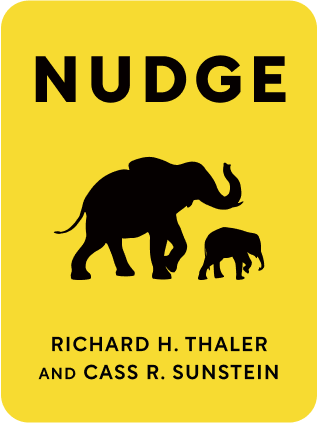

This article is an excerpt from the Shortform summary of "Nudge" by Richard H. Thaler and Cass R. Sunstein. Shortform has the world's best summaries of books you should be reading.
Like this article? Sign up for a free trial here .
What is the RECAP system? How does it help choice architects and how can it help you?
The RECAP system is an acronym for Record, Evaluate, and Compare Alternative Prices. It is useful for situations where a lack of information makes good choices challenging.
Read more about the RECAP system and its uses, especially with credit cards.
The RECAP System
Often, especially when it comes to hard decisions in specialized fields like medicine, choosers have difficulty “mapping” their choices onto their eventual benefits. Choice architects can aid choosers by explaining the benefits and outcomes of choices in familiar terms, so that mapping becomes easy. That’s where using the RECAP system can come in handy.
Example: Credit Cards
Take credit cards for example. The typical credit card comes with an array of features and costs: cash-back rewards and annual fees, frequent-flyer miles and variable interest rates, discounts and late-payment charges. The average consumer isn’t able to map his or her choice of credit card onto his or her welfare—the pluses and minuses of each credit card are just too complex to make sense of.
With the help of some mild government regulation, however, credit cards can become much easier to map. The solution is the RECAP system: Record, Evaluate, and Compare Alternative Prices.
Under RECAP, credit card companies would be required to (1) release a clearly organized document with formulas for their entire fee schedule (the formulas would show consumers what happens if they make purchases in a foreign currency, for example, or miss a payment) and (2) send cardholders an annual report describing precisely how they used their card and what fees were incurred. The consumer could then take that information to a private website that compares credit cards, plug in his or her usage data, and see what competing cards would have charged for the same usage.

———End of Preview———
Like what you just read? Read the rest of the world's best summary of Richard H. Thaler and Cass R. Sunstein's "Nudge" at Shortform .
Here's what you'll find in our full Nudge summary :
- Why subtle changes, like switching the order of two choices, can dramatically change your response
- How to increase the organ donation rate by over 50% through one simple change
- The best way for society to balance individual freedom with social welfare






